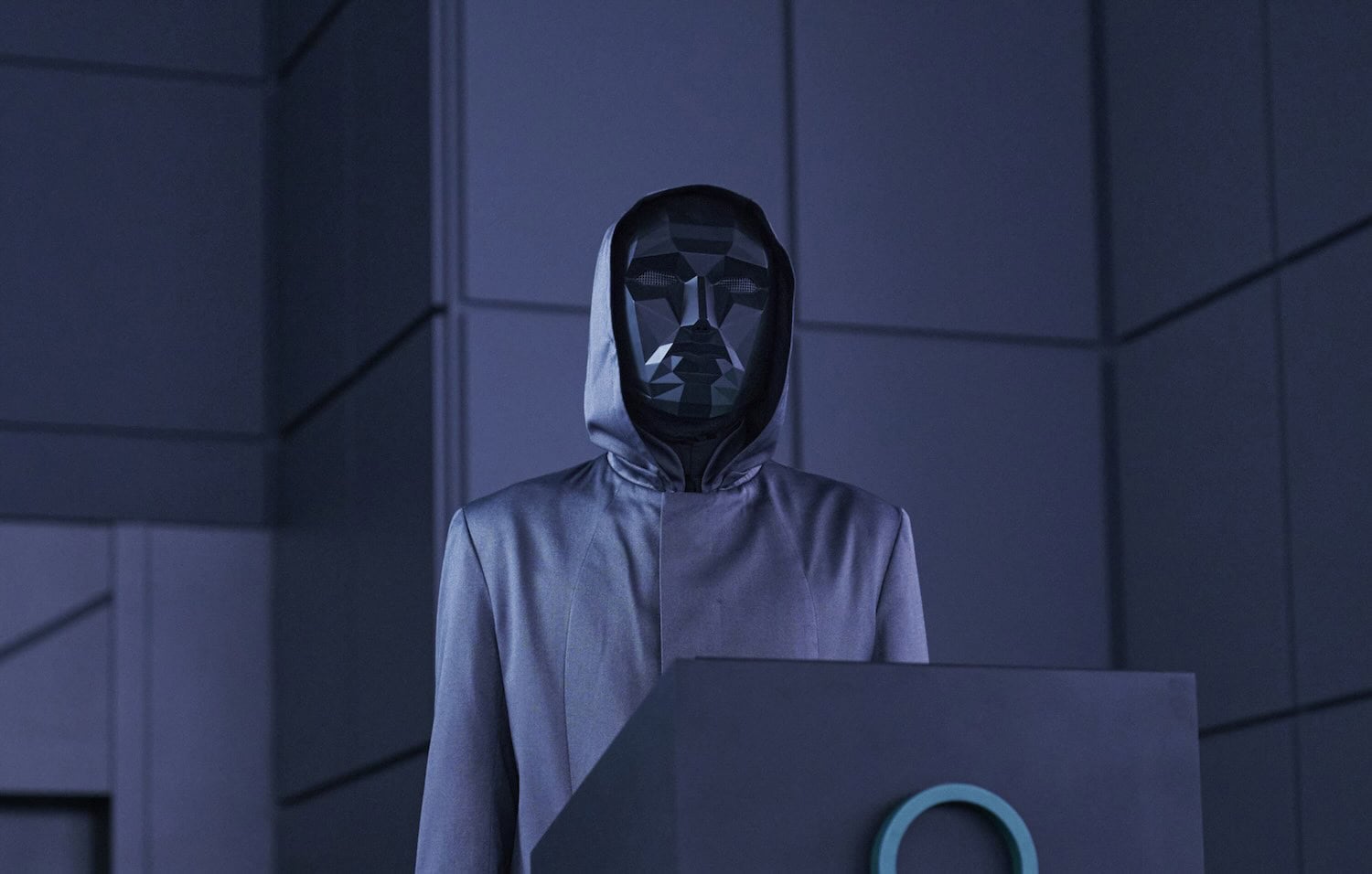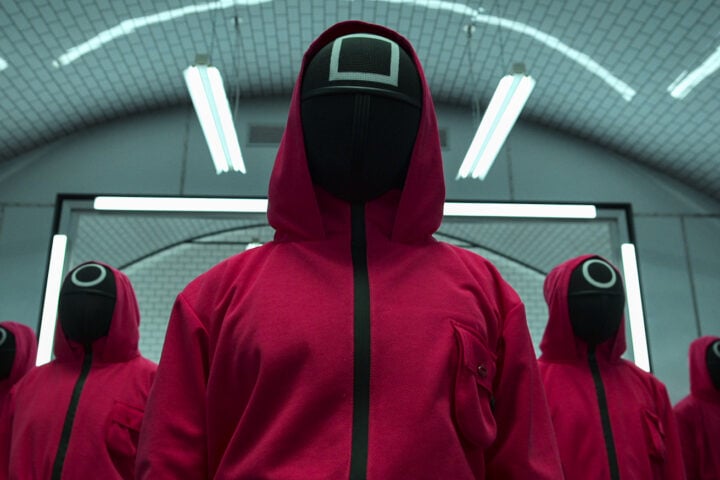In Squid Game: The Challenge, as 456 hopeful contestants zipped themselves into those green tracksuits made famous by the South Korean drama series Squid Game and competed for an incredible cash prize, the reality show took great pleasure in emphasizing just how debt-ridden and desperate most of the competitors were. It was all utterly tasteless, flying directly in the face of Squid Game’s message about the dehumanizing effects of modern capitalism. But The Challenge did come up with a clever trick that Squid Game 2 similarly employs to great effect: using the audience’s familiarity with the games against them.
The second season of Hwang Dong-hyuk’s series begins three years after Seong Gi-hun (Lee Jung-jae) emerged from the Squid Game with ₩45.6 billion in prize money and a burning desire for revenge. He’s spent that time and much of that fortune amassing weapons and a small army of followers, all with one simple goal in mind: to track down the mysterious island where the games take place and make sure that they never happen again.
Lee’s stony performance immediately communicates just how much Seong has changed since we last saw him. In season one, Seong was hapless, feckless, and largely helpless—a schmuck who floated through life without any sense of accountability, always looking for someone else to solve his problems, or at least to take the blame for them. But the Squid Game burned all of that off of him, and what’s left is a cold, hard rock of a man with a singular sense of purpose.
After much searching, Seong eventually manages to return to the island but not how he would have liked. He isn’t armed to the teeth with a bunch of loyal soldiers at his back, instead arriving on the island as a kidnappee, agreeing to be enrolled in the games all over again.

While the contestants in the first game were all strangers to one another, this time around several players know each other, among them a doting mother, Jang Geum-ja (Kang Ae-shim), and her spineless son, Park Yong-sik (Yang Dong-guen), both of whom are there because of his gambling debts. A cryptocurrency-shilling influencer, Lee Myeong-gi (Im Si-wan), is horrified to find out that the woman, Kim Jun-hee (Jo Yu-ri), carrying his child will be competing alongside him. As will several people who lost large sums of money following his advice, including an MDMA-popping, purple-haired rapper named Thanos (Choi Seung-hyun). And most importantly, there’s Park Jung-bae (Lee Seo-hwan), an old friend of Seong’s with a penchant for drawing out the whinier, more immature version of him—brief glimpses of a former self that underline how much of a transformation our hero has undergone.
The season abounds in B-plots. Some of the Squid Game’s pink-suited guards are still running an organ-harvesting operation, while Seong’s followers continue searching for the island in his absence. These plotlines are rendered a little limp by the fact that the new season has been split in two, with the second set of episodes scheduled to arrive later this year. While the season ends with an appropriately dramatic moment following an action-packed spectacle, it also inevitably feels as if its stories are half told, frozen in place after a scant seven episodes.
The games themselves are where the action is, and the addition of a new rule makes them even more compelling: After each round, the contestants now get to vote on whether to continue playing or leave and share the prize money they’ve accumulated. Among all the brutal and bloody images that Squid Game 2 offers—and it’s notably bloodier than the first season—there are none quite as harrowing as the sight of people quietly deciding to proceed with the games.
This twist smartly underlines the sort of false choices that people are constantly forced to make under broken social systems. The way the show sees it, there’s almost nothing we won’t do for life-changing money when our lives so desperately need changing.
What makes Squid Game 2 more than just a rehash of the original, though, is the unique position that Seong finds himself in. He knows what’s coming, at least up to a point. He tries to use his knowledge to keep himself and the rest of the players alive, as he knows roughly what to expect from a group of people in this situation—that is, that the lure of the prize money and the looming danger are likely to lead them into open warfare. But he’s also frequently wrongfooted as new challenges are introduced (only “Red Light, Green Light” makes a return appearance).
At several points during The Challenge, contestants would confidently predict what the next round was going to be based on what they’d seen in the original show, making up strategies and picking teams based on those assumptions, only to be presented with an entirely new challenge. It’s the same bait-and-switch that Seong experiences at various points, and one which we get to relish as viewers. We always know what’s coming next—kind of. Squid Game 2, then, manages to effectively provide both familiar pleasures and a whole bunch of devious new twists.
Since 2001, we've brought you uncompromising, candid takes on the world of film, music, television, video games, theater, and more. Independently owned and operated publications like Slant have been hit hard in recent years, but we’re committed to keeping our content free and accessible—meaning no paywalls or fees.
If you like what we do, please consider subscribing to our Patreon or making a donation.






